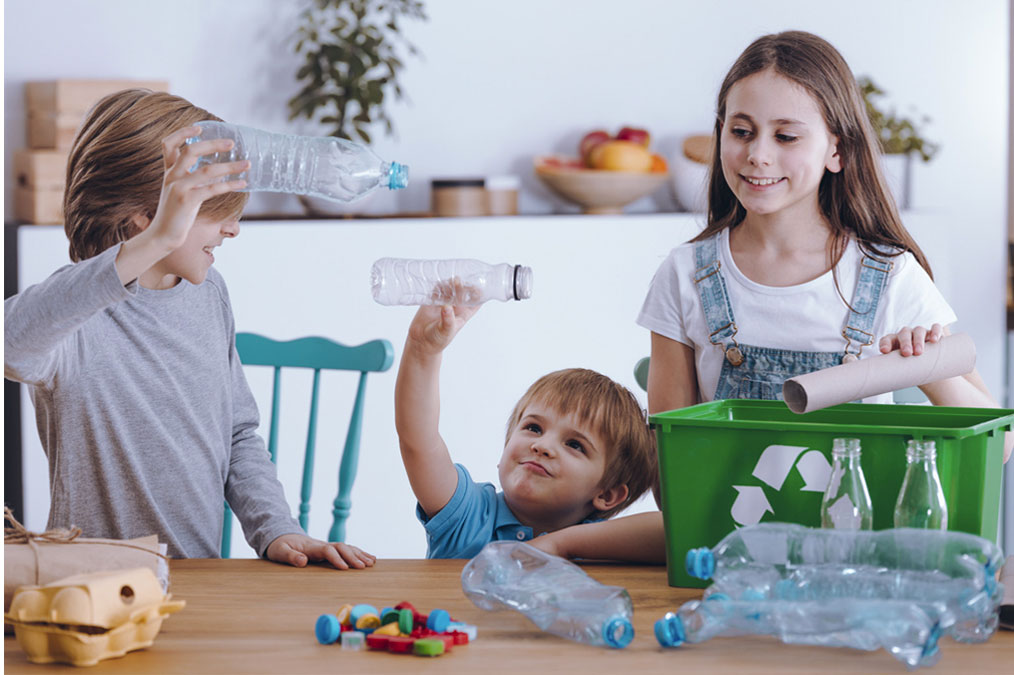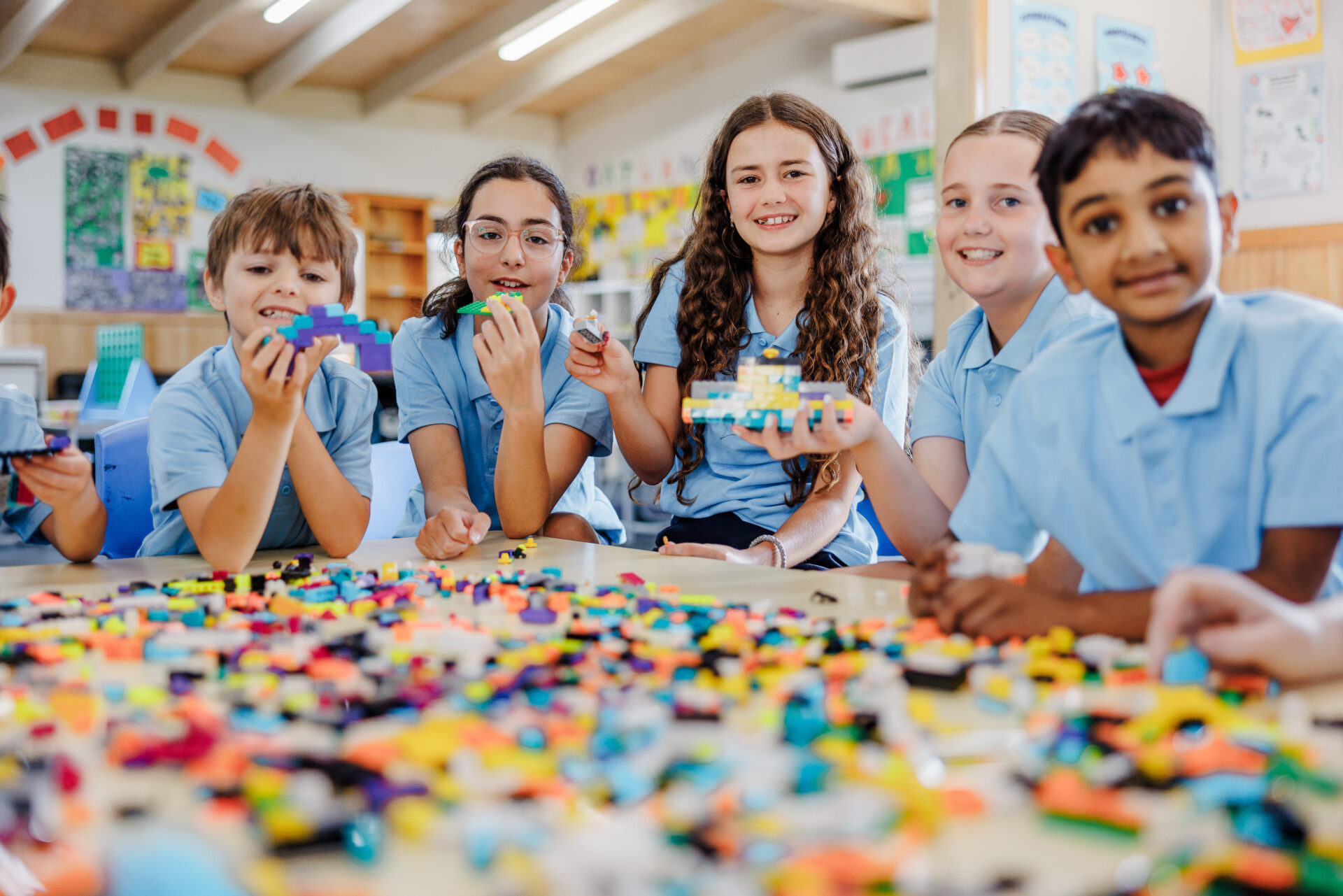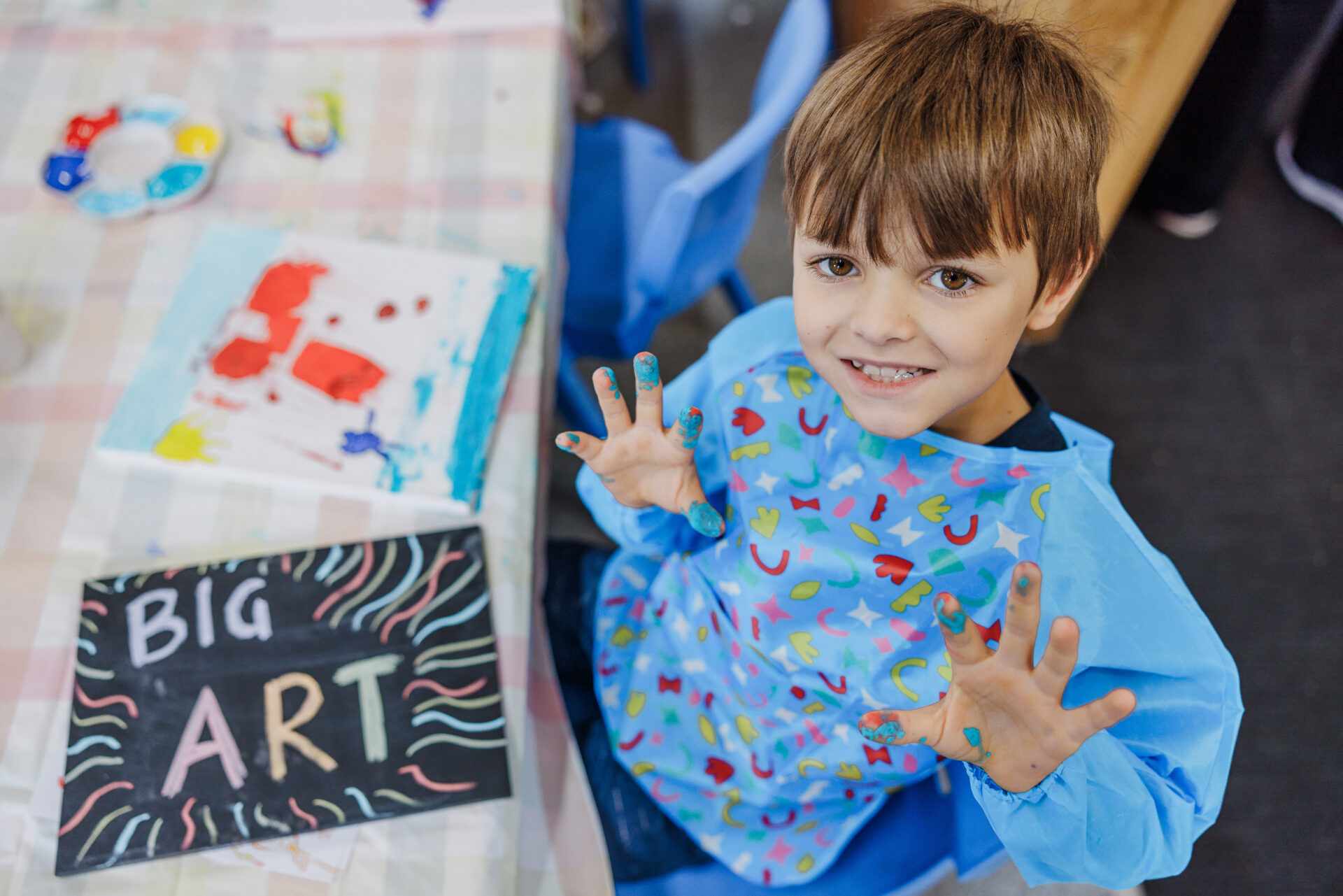Talking with children about recycling and sustainability and encouraging them to get involved in eco-friendly practices should be as fun as it is important! Here are 10 ways to get children involved and passionate about recycling and sustainability to education across National Recycling Week.
Teaching children about recycling and the importance of sustainable practices is a great way to encourage responsibility, creativity and to foster new skills. Yes, environmental education is important for the future of our planet, but it’s also fascinating for young developing minds and offers children the chance to get involved in household chores and make a positive difference.
So, how can you introduce your children to recycling and sustainability? Here are 10 easy ways to help children to get involved and have fun while they’re learning!
#1 First things first – explain WHAT recycling and sustainability are and WHY they’re important
Children might know how to sort rubbish from compostables and recyclables, but do they know why they’re doing it? If children have an understanding of why recycling and sustainability are important, they’re more likely to be motivated to be diligent to always recycle and make sustainable choices.
Start by asking children what they know about recycling and why they think sustainable practices might be important. Build on their knowledge by talking what happens to rubbish after we throw it out, versus what happens to compostables and recyclables if they’re properly processed. YouTube videos can be a great resource to give children an understanding of what happens to compost as it decomposes, as well as to show them how slowly plastic decomposes and what actually happens at a recycling facility.
#2 Empower children to get involved with a brainstorming session
It’s important for children to understand that they have the power to make a difference to climate change. It might sound like a very grown-up problem to them, but small efforts can have a significant impact over time.
Ask children to think about ways that they could make more sustainable choices. This might be as simple as committing to ride or walk to school a few days each week or choosing to adopt a “nude food” policy for school lunches. Make sure that the children are making the decision about what changes they are prepared to take responsibility for on their own.
#3 Teach children how to sort rubbish from recyclables and compostables
Learning proper rubbish disposal practices should start when children are preschool age. If you don’t already separate your waste, now is the time to start! Check that children understand which bins to use for different household rubbish items. It’s not complicated, but even adults get confused about which bin to use sometimes!
#4 Create a worm farm
Not only is a worm farm a great way to break down food waste, it’s a great learning experience for children! Children can see the worms in action breaking down food waste and learn to care for them by feeding them household scraps.
#5 Plant a veggie patch
It’s important to check that children understand that food doesn’t begin at the supermarket! Teach children about where food really comes from by growing a veggie patch. Make sure children feel involved and responsible by divvying up regular tasks such as watering, pest patrol and picking. This teaches children about what’s involved in food production and often also has the added benefit of encouraging fussy eaters to try new things.
#6 Talk about wasteful packaging
Make sure that children have an understanding of how to be an eco-friendly consumer. Point out wasteful packaging (for example, individually wrapped biscuits) and explain why it’s important to use reusable water bottles rather than buying bottled drinks.
Many Australian schools encourage “nude food” practices. This means that students are asked to avoid bringing in individually wrapped snacks and to instead bring a reusable lunchbox with unwrapped food. If your school doesn’t already do this, encourage your children to approach their Principal to see what they can do to help!
#7 Commute by foot or bike
Commuting on foot or by bike is a better choice for your health as well as for the environment. Explain to children about pollution and ask them to take responsibility for being ready for school earlier in the morning to enable you to walk or ride. It might not always be possible, but even if you’re only choosing to avoid driving occasionally, it’s still better than nothing.
#8 Don’t waste paper!
An easy way to get children involved in recycling is with craft. It’s important for children not to get in the habit of reaching for a new piece of paper each time they want to scribble something down. Instead, encourage children to use both sides of a piece of paper, or use scrap paper for drawing or craft projects and recycle any used paper or cardboard afterward.
#9 Teach children about conserving energy
Get energy efficient! An easy way for children to make a difference to energy consumption is to encourage them to make sure that they turn off any lights, heating, cooling or electric appliances when they’re not in use. Children can save water by having shorter showers (make it a game by using an alarm!) and turning off the tap while brushing teeth.
#10 Get inventive!
Encourage children to recycle used packaging into craft supplies. Challenge them to create a marble run or make a robot using an old shoe box. Yes, craft can be messy, but it can also buy you a lot of time as a parent and it is great for children’s development. Recycling packaging for creative play teaches children to think creatively and critically, to problem solve, and to see the value in extending the life of materials.
Celebrate National Recycling Week with Rubbish Robots in Your OSHC! Join us in After School Care from 13-17 November to experience the fun in saving the world! Get ready to build the most creative Rubbish Robots using recycled materials. Click here to book your child in today!





